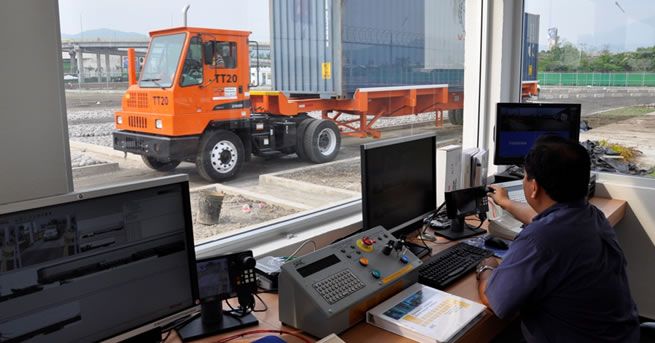UNCTAD reported in late December that it will calculate the cost of illicit trade and trade practices in Mexico and other countries.
Together with the United Nations Office on Drugs and Crime (UNODC), UNCTAD has finalized a conceptual framework for the statistical measurement of illicit financial flows (IFF).
The framework is the result of extensive expert consultations conducted in 2017-2018 and reflects the in-depth considerations of an international working group in 2019-2020 involving international organizations and national experts in tax, customs and statistics.
«This is a major achievement in the work to combat illicit financial flows and a major step towards greater transparency,» UNCTAD chief statistician Steve MacFeely said in a statement. help to understand the size, channels and types of IFF «.
UNCTAD
Every year, organized crime, the trade in illegal goods, and illegal or illegal tax and business practices generate billions of dollars in illicit flows.
This includes proceeds of crime that are channeled abroad, often to safe havens. UNCTAD indicated that these funds can also be laundered and reinvested in legal markets, or they can originate in the legal economy and be illicitly transferred abroad.
IFFs deprive governments of essential revenue and widen the funding gap for the work needed to achieve the 2030 Agenda for Sustainable Development, which UNCTAD estimates at $ 2.5 trillion per year in developing countries alone.
«Illicit funds moving between countries secretly divert significant amounts of resources with harmful effects; these funds are a drain on measures to improve living conditions and tackle poverty,» said Angela Me, head of research and analysis at UNODC trends, in the same statement.
Importance of inter-institutional collaboration
She stressed to me the importance of inter-agency collaboration when addressing sensitive development issues like IFFs. Many of these flows are deliberately hidden, making them extremely difficult to measure.
IFFs are complex and can originate from a variety of activities. The framework identifies four main types of activities that can generate IFF: 1) illegal tax and commercial activities; 2) illegal markets; 3) corruption; and 4) activities of the exploitation and financing of crime and terrorism.
New calculations for drug trafficking and migrant smuggling
Pilot projects using the new framework are underway in Afghanistan, Colombia, Ecuador, Mexico, Nigeria, Panama, and Peru.
In Afghanistan, for example, the framework has made it possible to estimate the illicit gross income of the opiate economy at a value of between $ 1.2 billion and $ 2.2 billion in 2018, a value corresponding to 6-11% of the country’s GDP that year. , which is more than its officially registered exports of goods and services, estimated at 4.3% of GDP.
Additionally, new calculations in Mexico based on the framework have shown that the value of IFFs in Mexico from cocaine, heroin, and methamphetamine fell from $ 11.1 billion in 2017 to $ 10.3 billion in 2018.
However, outbound IFFs from migrant smuggling increased from $ 10 billion in 2017 to almost $ 14 billion in 2018.
More pilot projects using the framework are scheduled to start in 2021 in other African and Asian nations.
![]()

